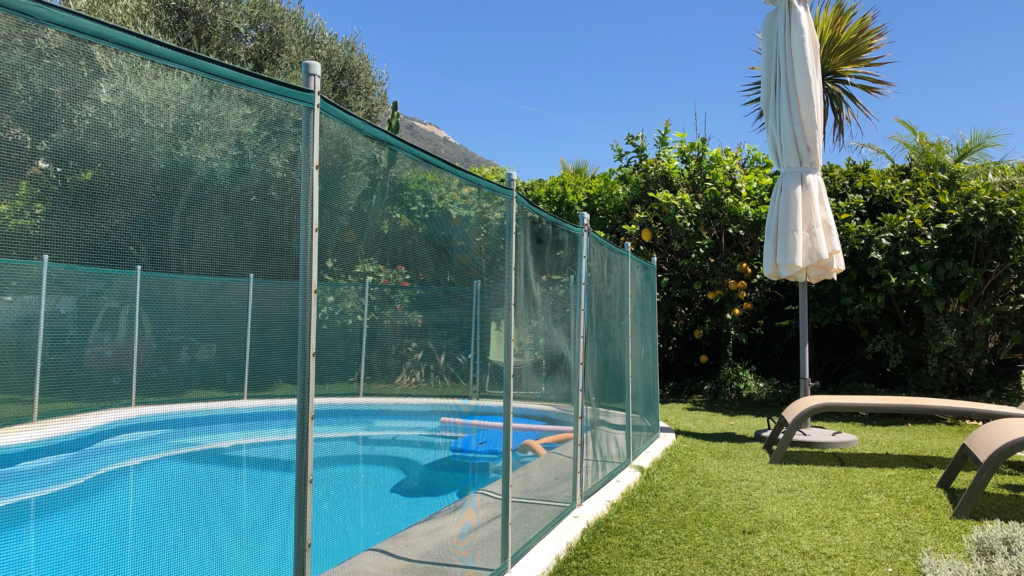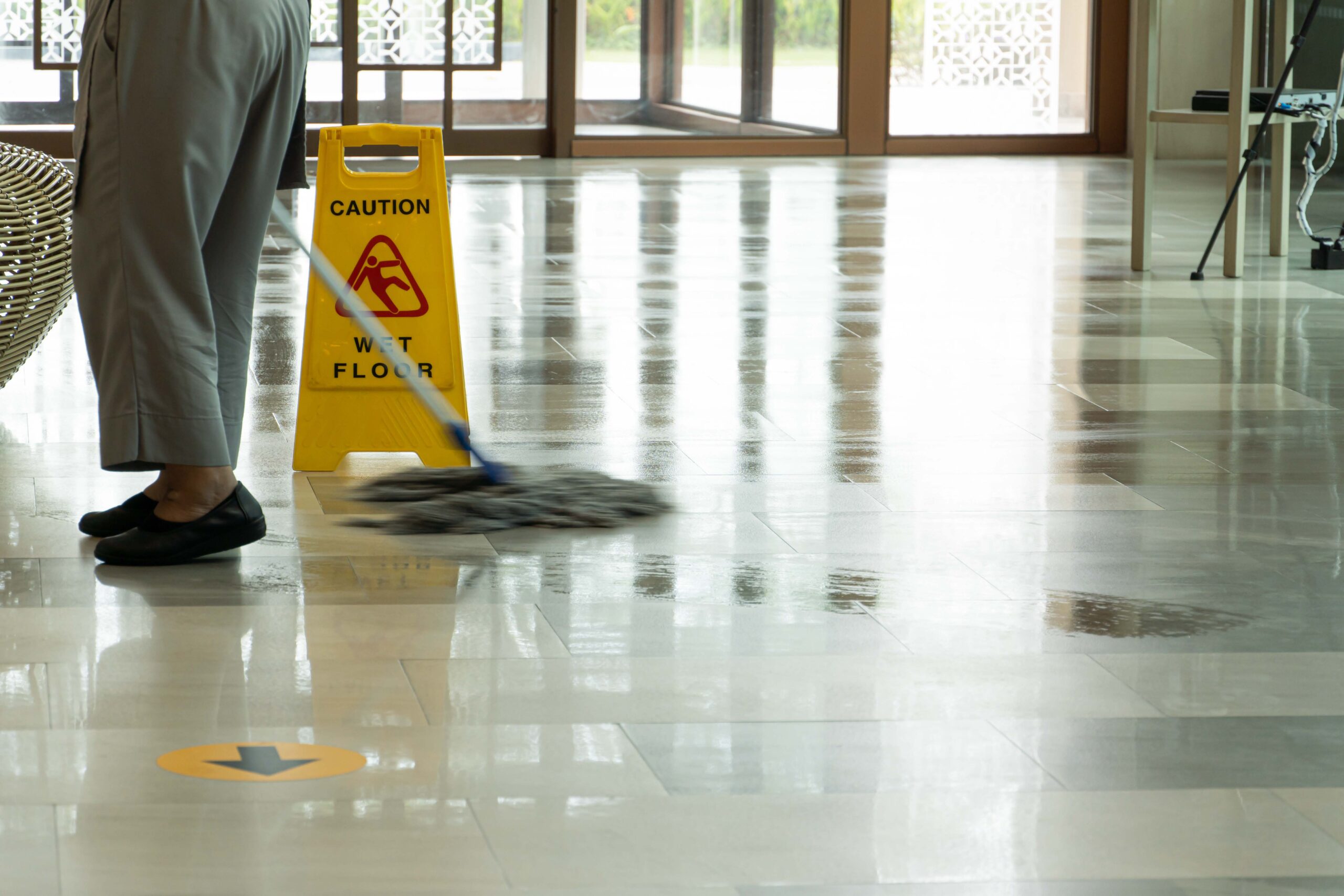
With its sunny climate and love for outdoor living, California is home to countless swimming pools. While these aquatic retreats offer relief from the heat, they also present the risk of accidents and injuries. If you own or use a swimming pool in California, it’s vital to understand the laws surrounding swimming pool liability and injuries. In this blog, we’ll explore the legal aspects, responsibilities, and preventive measures associated with swimming pool safety in the Golden State.
California’s Attractive Nuisance Doctrine
In California, swimming pools are considered attractive nuisances. This means that pool owners have a legal obligation to take extra precautions to protect children from potential harm. These precautions include:
- Fencing: Pool owners must maintain a secure fence around the pool area. The fence must be at least 60 inches high, have self-closing and self-latching gates, and meet specific safety standards.
- Safety Covers: Many local ordinances require the use of safety covers when the pool is not in use. These covers can help prevent accidental falls.
- Supervision: Adequate supervision is crucial. Children should never be left unattended near a pool, and adults should be vigilant when kids are in the pool area.
Liability for Swimming Pool Accidents
Swimming pool liability in California is a complex issue. Liability may fall on various parties, depending on the circumstances:
- Pool Owners: Owners are typically responsible for ensuring the pool area is safe and complies with safety regulations.
- Property Managers: If a property manager oversees pool maintenance and safety, they may share liability.
- Maintenance Contractors: If an accident is caused by improper maintenance, the contractor responsible for pool upkeep may be held liable.
Legal Consequences
Injuries resulting from swimming pool accidents can lead to legal action. Victims may seek compensation for medical bills, pain and suffering, and other damages. Pool owners and responsible parties may face legal repercussions if found negligent.
Preventive Measures
To reduce the risk of accidents and liability, consider these preventive measures:
- Regular Inspections: Conduct regular inspections to ensure the pool and its safety features are in good condition.
- Swimming Lessons: Encourage swimming lessons for family members, especially children.
- Safety Equipment: Keep safety equipment like lifebuoys and first-aid kits readily accessible.
- Emergency Preparedness: Educate your family about emergency procedures and CPR.
- Liability Insurance: Maintain liability insurance to protect yourself from legal consequences.
Liability When Intruders are Injured in Your Swimming Pool
In the event that someone breaks into your home and is injured in your swimming pool, your liability may be different compared to a situation involving a lawful visitor or a trespasser. Liability in such cases can be complex and often depends on various factors, including the specific circumstances of the break-in, your state’s laws, and how the courts interpret those laws. Here’s a general overview:
- Trespassers and the “Attractive Nuisance” Doctrine
- In many states, including California, there is a legal concept known as the “attractive nuisance” doctrine. This doctrine recognizes that property owners have a heightened duty of care when it comes to children who may be attracted to potentially dangerous features on their property, such as swimming pools. If a trespasser, particularly a child, accesses your property and is injured in your pool, you may still be held partially liable under the attractive nuisance doctrine. This is because swimming pools are often considered attractive nuisances, and property owners are expected to take reasonable steps to prevent access to them.
- Foreseeability
- Liability in these cases can also depend on whether you could reasonably foresee that trespassers might access your pool. If your property is secured with appropriate barriers, signs, and other safety measures, you may have a stronger defense against liability.
- Criminal Activity
- If the individual who broke into your home was engaged in criminal activity at the time of the injury, such as theft or vandalism, it may impact the assessment of liability. Courts may be less inclined to hold you responsible for injuries that occurred while the individual was committing a crime on your property.
- Local Laws and Ordinances
- Local laws and ordinances may play a role in determining liability. Some areas may have specific requirements regarding pool safety, fencing, and signage, and compliance with these regulations can affect your liability.
It’s important to note that liability laws vary by jurisdiction, and legal outcomes can be highly fact-specific. If you are facing a situation where someone was injured in your swimming pool during a break-in, it is strongly advisable to consult with a qualified attorney who specializes in premises liability and personal injury cases in your specific jurisdiction. An attorney can provide guidance tailored to your circumstances and help you understand your rights and responsibilities in such a situation.
Conclusion
Swimming pool liability in California is a serious matter, and understanding your responsibilities as a pool owner or user is crucial. By complying with state and local safety regulations, maintaining your pool, and taking preventive measures, you can help ensure a safe and enjoyable swimming experience for everyone.
Need Legal Assistance?
If you have legal questions or need assistance with swimming pool liability issues in California, contact Akers Law, P.C today. We specialize in personal injury cases and can provide tailored advice and guidance to help protect your interests and navigate any legal challenges that may arise. Stay safe and enjoy the sunny California weather responsibly!



